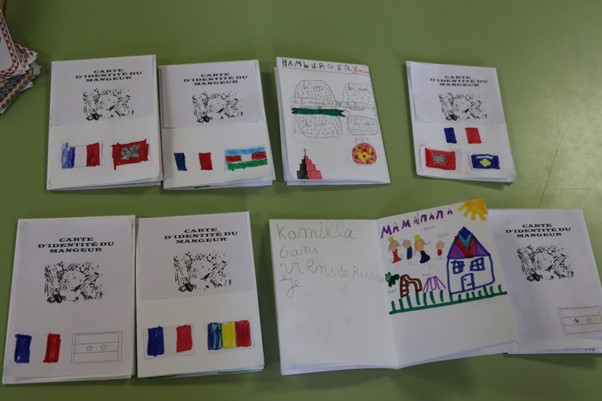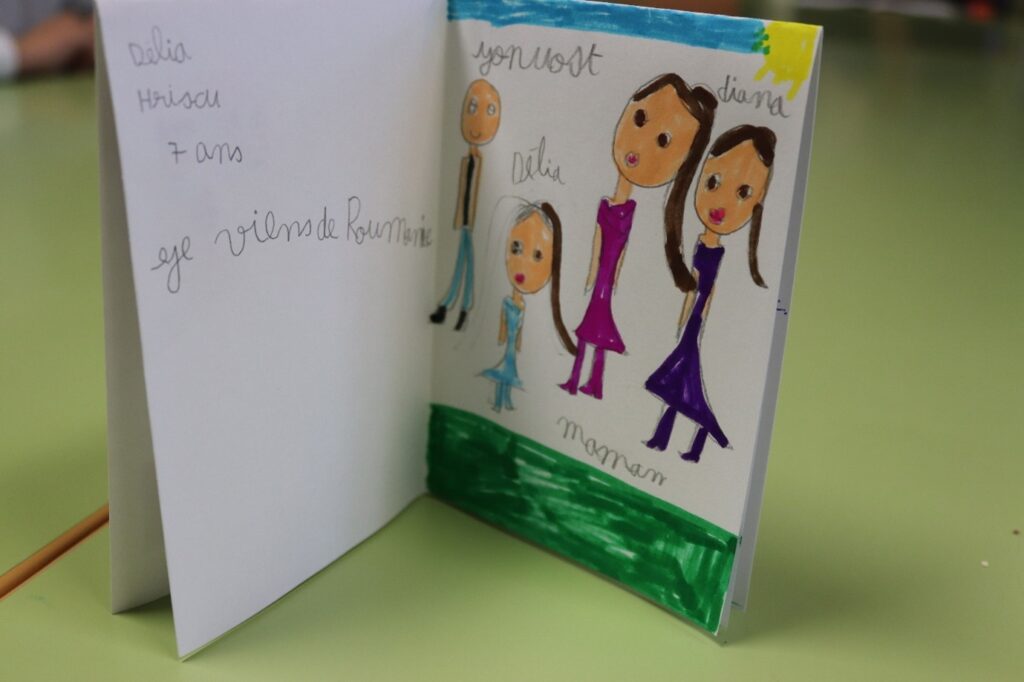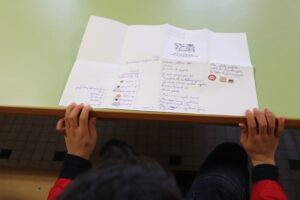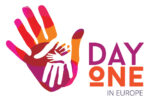Lunch Box
FOOD, TRAVEL AND LANGUAGE EXERCISE
Activity by École Elémentaire Ferdinand Buisson de Bègles with partner organization Territoires Alimentaires. Yassir Yebba’s activity with travel in order to communicate with a new language.
Educational aim: To experiment and acquire knowledge about travel.
1) In class:
– Imagine and represent individually/collectively an ideal state that we call the Gastronomic State and represent it in the form of a map
– Design an eating identity card for the citizens of this gastronomic state.
– Duration: 2/3 I do – 1/3 I talk about the workshop
2) At home:
– Discuss travel and identity
 For migrant children who speak other languages, the workshops were built around two major themes: storytelling and interaction. To encourage and support the former and to stimulate and encourage the latter.
For migrant children who speak other languages, the workshops were built around two major themes: storytelling and interaction. To encourage and support the former and to stimulate and encourage the latter.
As a researcher in the anthropology of food, my work/interest is broadly concerned with the idea of reintroducing Man into Nature and has therefore invested heavily in the field of Man/Nature interaction. It initially began with my experience in urban policy, where I was able to grasp the extent to which under-exposure to Nature explained many situations of difficulty or failure. The lack of nature syndrome is my starting point.
So, I followed two parallel paths: understanding the links between landscape and storytelling.
These were the two threads I drew on to support the children and the teaching teams.
In concrete terms, I was able to offer various workshops based around food and travel and to understand how this could support and encourage children and teachers to observe and produce. In this way, the recipes interacted with the cartography and produced maps.

It was important to have a discussion at the end of the workshop, to see how they felt about what they had done in class. The children were less self-centred and more willing to listen (because it was interesting to see that the same situation was experienced differently by others). This provokes discussions between them.
Yes, we made some changes: we had to regulate the discussions to allow everyone to express themselves freely. For example, the eldest sibling was always rephrasing what his younger brother was saying. Hence the need to set up small groups to break down power struggles. The mixed groups enabled us to confront other ways of thinking.
 As a result, the children were asked to imagine an ideal state in harmony with its environment and its citizens. It led to a space where they could easily project themselves, where they could put what they wanted to be pleasant, and which had a future. The idea was to combine hospitality and conviviality through food. And beyond that, to create an identity card for the eater that would identify each of the pupils. The children here are the actors of themselves, they create their own identity papers that represent them and that they may have lost or never had. The child is put back at the centre as an individual in his or her own right.
As a result, the children were asked to imagine an ideal state in harmony with its environment and its citizens. It led to a space where they could easily project themselves, where they could put what they wanted to be pleasant, and which had a future. The idea was to combine hospitality and conviviality through food. And beyond that, to create an identity card for the eater that would identify each of the pupils. The children here are the actors of themselves, they create their own identity papers that represent them and that they may have lost or never had. The child is put back at the centre as an individual in his or her own right.


